The Montessori Method
Maria Montessori was not only a pioneering educator, but also an activist, reformer, physician, and mother. Born in 1870 in Chiaravalle, Italy, she was a woman far ahead of her time. Her progressive and courageous spirit led her to pursue higher education in a male-dominated society, first studying engineering and later medicine—becoming the first female physician in Italy in 1896. Her achievement alone was groundbreaking and served as a source of inspiration to generations of women and men who questioned the limitations imposed by tradition and societal expectations.
Her early medical career brought her into close contact with children with disabilities. While most viewed these children as uneducable, Montessori saw potential. She observed them closely and realized that with the right materials and approach, they could learn and thrive. This experience became the foundation of her lifelong study of child development. She began to develop educational practices rooted in scientific observation, respect for the child, and a belief in their natural capacity for growth.
Montessori’s philosophy emphasized hands-on learning, independence, freedom within limits, and the importance of a carefully prepared environment. She believed children learn best through purposeful activity and when given the freedom to choose their work. Her methods stood in stark contrast to the traditional rote learning of the time, and her revolutionary ideas began to gain recognition.
In 1907, she opened the first Casa dei Bambini (“Children’s House”) in the San Lorenzo district of Rome, a working-class neighborhood. The success of this classroom was immediate and profound. Children who were once seen as unruly or indifferent began to flourish, exhibiting concentration, self-discipline, and a love for learning.
Montessori’s educational approach rapidly gained international attention. Invitations poured in from countries across Europe, India, the United States, and beyond. She spent decades traveling the world, training teachers, and establishing Montessori societies in multiple countries.
Despite the growing popularity of her ideas, Montessori faced significant challenges. During Mussolini’s fascist regime in Italy, her refusal to align the Montessori Method with authoritarian ideologies led to her schools being closed and her eventual exile. She continued her work in India during World War II, where she spent nearly a decade and developed a deep connection with the idea of education for peace. Her work there also resulted in the development of the Cosmic Education curriculum for children aged 6–12.
Montessori was nominated for the Nobel Peace Prize three times—in 1949, 1950, and 1951—for her belief that education was the key to building a more peaceful world.
Maria Montessori passed away in 1952 in the Netherlands, but her legacy lives on in thousands of schools and teacher training centers around the globe. Her life’s work continues to inspire educators, parents, and change-makers who believe in the profound capabilities of children and the transformative power of respectful, child-centered education.
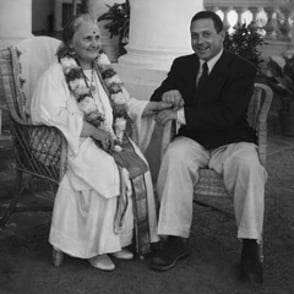
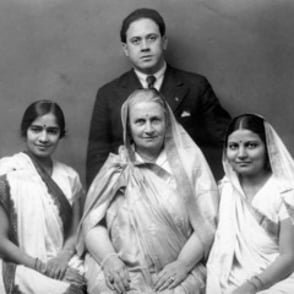
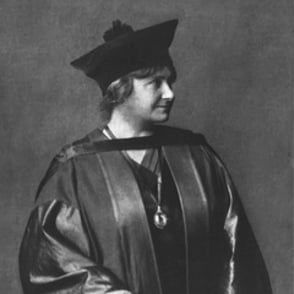
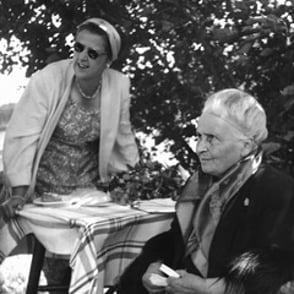
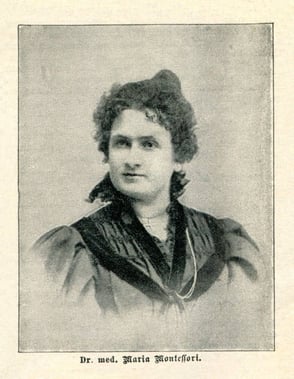
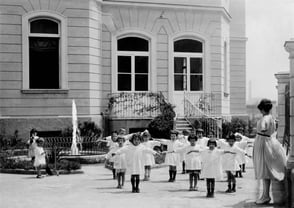
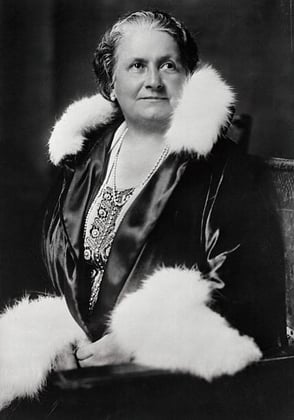
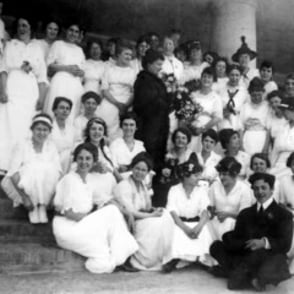
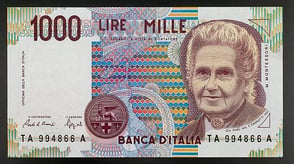
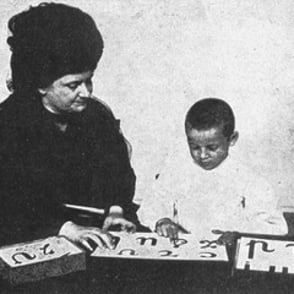
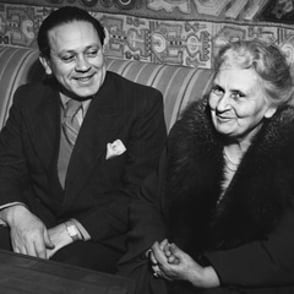
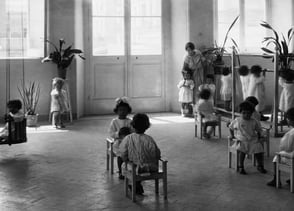












CERDS
At CERDS we dream of a world with quality education that is accessible to all. We strive to help form a strong, confident and passionate community of teachers who aim to create a safe and respectful learning environment for each child. Providing quality study material and and holistic guidance Explore our comprehensive Montessori teacher training programs.
